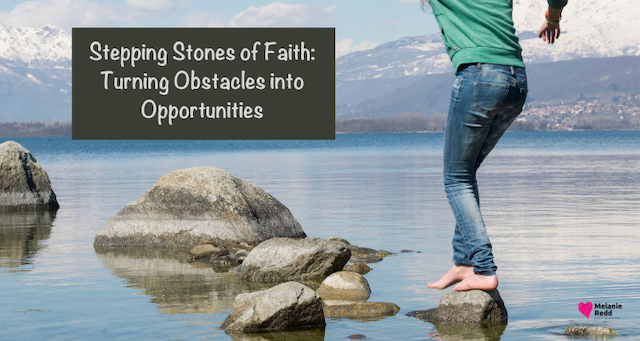Mental Health Crises … There is a Way Out - Dr. Dalton-Smith - I Choose My Best Life

I couldn’t explain it, and I’m a nurse. To the casual observer, there was nothing out of the ordinary at work. But still, I had to run from our work area, hide in our medication room, and cry. Breaths came in rapid succession. My heart rate spiked from its usual 60 beats/minute to 110. Tears rolled down my face with no reasonable explanation, except that these episodes have been increasing in severity and frequency over the past year. I’d welcomed the isolation that came with pandemic lockdowns—at first—because I didn’t have to make excuses for not socializing. However, when these episodes began interrupting my workflow and attendance, I knew something had to change. Based on these symptoms, I was experiencing what many often struggle with: mental health crisis (USDHHS, 2020).
Mental health crises interrupt the lives of individuals every day. While many can navigate stressors set to trigger them with minimal effects, many others are susceptible to anxiety/panic attacks, depression, or eventual suicide due to the hopelessness that envelops their world. According to the U.S. Department of Health and Human Services (USDHHS), mental health encapsulates every aspect of our lives: emotional, psychological, and social. Our well-being either thrives or teeters on the cliff of despair depending on how healthy we are mentally (USDHHS, 2020). “It affects how we think, feel, and act. It also helps determine how we handle stress, relate to others, and make choices” (USDHHS, 2020). For instance, someone who suffers from anxiety and depression may react with outbursts of anger, tears, or withdrawal from social interaction, as they try to process those things around them that feel out of control.
Mental health, like physical health, plays a vital role in every individual’s ability to cope with the world around them.
And like physical health, mental health has various factors contributing to its well-being: biological, life experience, and family history (USDHHS, 2020). Biological factors can be treated with medication to balance things for the individual. This does not mean, however, that those affected by life experience and family history are without hope.
Regardless of the source, there is always hope. As children of God, we can turn to His promises for help, as the Psalmist says, “I lift up my eyes to the mountains—where does my help come from? My help comes from the LORD, the maker of heaven and earth” (Psalm 121:1-2 NIV). This writer goes on to say that our LORD never sleeps, nor does he slumber.
We can look to our God for help. How comforting! Isaiah, the prophet said of God, “You will keep the mind that is dependent on You in perfect peace, for it is trusting in You” (Isaiah 26:3 HCSB).
Trust is not an easy thing to do. Rather, it involves surrender and reliance on another for support and security. Merriam Webster defines trust as “assured reliance on the character, ability, strength, or truth of someone or something” (n.d.). Does this mean God can be trusted even in the midst of a mental health crisis? Yes. Even when everything feels out of control, we can be assured that God has everything in control. In these situations, though, it is important to remind ourselves who He is. Speak it out because “the tongue has the power of life and death” (Proverbs 18:21 NIV).
To begin, let’s memorize, meditate on, and practice Philippians 4: 4 – 8 “Rejoice in the Lord always. I will say it again: Rejoice! Let your gentleness be evident to all. The Lord is near. Do not be anxious about anything, but in every situation, by prayer and petition, with thanksgiving, present your requests to God. And the peace of God, which transcends all understanding, will guard your hearts and minds in Christ Jesus. Finally, brothers and sisters, whatever is true, whatever is noble, whatever is right, whatever is pure, whatever is lovely, whatever is admirable—if anything is excellent or praiseworthy—think about such things … and the God of peace will be with you” (NIV).
If I can encourage you with anything, it would be to keep a “thankful journal”. In this journal, write five things each day you are grateful for. It is not easy (neither is any exercise commitment) but is an exercise that will produce a harvest. While I am not sure who started this, I am certain of its ability to move me from my own headspace to a place where the Lord quiets my soul.
BIO: Karlene Jacobsen is a registered nurse who has been immersed in family, planning care for aging parents, helping adult children navigate entry into adulthood, as well as spending time in and out of the hospital setting. She has walked beside stressed individuals and celebrated with those experiencing breakthroughs. Through it all, she has found a familiar theme: a universal desire to know we are not alone, that someone understands, and that there’s help and hope. I find pleasure in sharing hope through her writings and being an instrument of peace in someone’s life.
References
Merriam Webster (n.d.) Trust. Retrieved from https://www.merriam-webster.com/dictionary/trust
US Dept of Health and Human Services (2020, May 28). What is mental health? Retrieved from https://www.mentalhealth.gov/basics/what-is-mental-health




